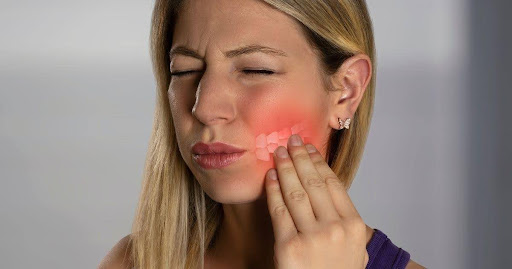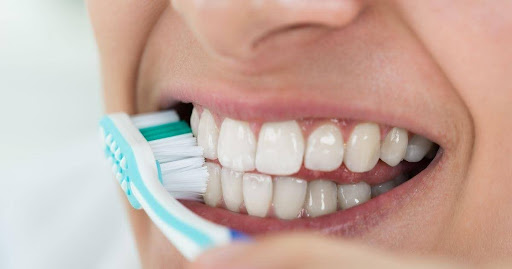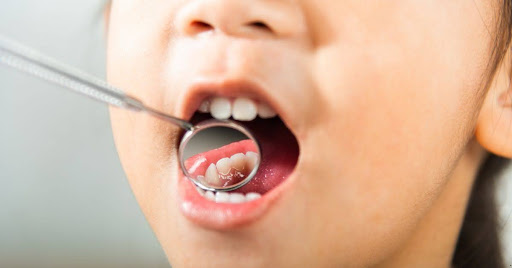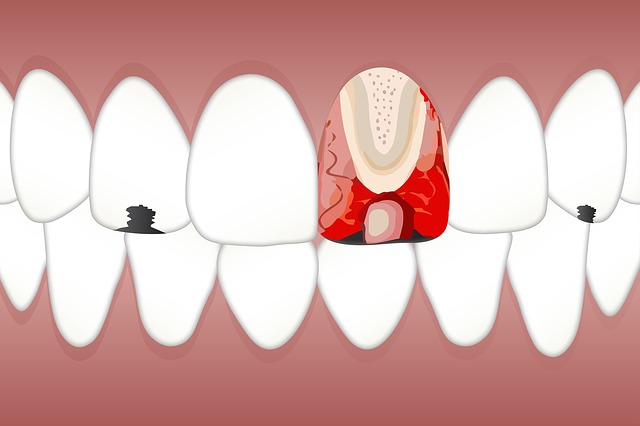What to Do When Your Tooth is Hurting: Quick Relief Tips
5 min read
By DocGenie , Published on - 31 October 2024
What causes toothache?
The causes of toothaches can be simple dental hygiene problems to complex medical conditions. Here are some of the most common causes:Dental Issues
- Cavities: When the bacteria in your mouth eats away at the enamel on your teeth and makes a hole in your teeth, you may experience discomfort and infection.
- Gum Disease: Poor oral care causes gum inflammation and infection. At early stages, this condition causes mild discomfort in the form of gingivitis. It can be agonising even at its advanced stage, where it may lead to loosening of the teeth and even loss of them.
- Cracked or Chipped Teeth: The crack in the teeth may leave the painful inner layers of the tooth open to sensitivity, and such a condition might be extremely painful when you try to have hot, cold or sweet food and drinks.
- Wisdom Tooth Problems: Wisdom teeth that are impacted or partially erupted are usually painful, tender and swollen.
Medical Conditions
- Sinus Infections: Pressure in the sinus can also cause pain to the upper teeth.
- Temporomandibular Joint Disorder (TMJ): This is a problem of the joint that connects the jaw to the head and sometimes causes pain in the jaw, face or teeth.
- Dental Abscess: A dental abscess is a cavity filled with pus within the root of a tooth as a result of an infection. Abscesses can cause strong throbbing pains, swelling, and increased sensitivity to hot and cold temperatures.
What to do when your tooth is paining?

- Ibuprofen or naproxen (NSAIDs - Nonsteroidal anti-inflammatory drugs): will help reduce pain and inflammation. Please check with your doctor to see if you have any medical conditions where you should not be taking these.
- Cold Compress: Apply cold compresses to the area - will reduce pain and decrease swelling. Apply an ice pack or ice in a thin cloth to cheek.
- Warm Saltwater Rinse: Warmed salt water is a good, all-natural way to help clean the area and soothe the gums. Use one teaspoon of salt in a cup of warm water. Rinse for 30 seconds.
- Clove Oil: It contains a natural anaesthetic called Eugenol that could give temporary pain relief. Rub a small cotton ball with a tiny drop of clove oil and apply it to the infected tooth. Be cautious; clove oil is a bit irritating to the gums.
- Avoid Irritants: Here are some things to avoid that can make a toothache worse - food and drink that are too cold, too hot or too acidic.
- Proper Oral Hygiene: Brush twice a day with fluoride toothpaste, daily flossing and using mouthwash.
- Over-the-Counter Dental Anesthetics: Orajel or Dentemp are medications which temporarily numb the area.
Additional Tips for Toothache Relief
- Do not chew anything on the affected side. This can stress the tooth further and bring on even worse pain.
- A dental night guard could be useful:you would need one in case you grind your teeth at night. A dental night guard reduces the pressure set on your jaw and teeth by grinding.
- Manage stress: Stress can cause toothaches. Practise relaxation techniques, such as deep breathing or meditating, in order to manage your level of stress.
- Regular dental check-ups: Regular visits to the dentist can prevent toothaches and other dental complications.
Preventing Toothaches

- Maintain good oral hygiene: Brush your teeth twice a day with fluoride toothpaste, floss daily, and mouthwash.
- Eat healthy: Avoid sugary and starchy foods and drinks, as they tend to cause cavities.
- Avoid overuse of acidic drinks: Acidic drinks such as soda and fruit juice may dissolve your teeth enamel.
- Quit smoking: Smoking is a common cause of gum disease and other oral issues.
- Visit your dentist regularly: Visit your dentist for regular check-ups and cleanings.
When to See a Dentist
While home remedies are not a bad starting point, they do offer some relief and an immediate answer to the question "what can I do for tooth pain?". You should consult a dentist right away if your tooth pain is persistent or worsening. These are just a few signs that you should see a dentist:- Extreme pain seriously is interfering with your daily activities
- Swelling or tenderness in your face or jaw
- Fever
- Difficulty opening your mouth
- Presence of pus or bad breath
- Loose teeth
Telemedicine for Dental Care
Telemedicine is an easy, accessible option for health care needs we all experience these days, including dental care. Through telemedicine, you can talk to a dentist from the comfort of your own home. Telemedicine can be useful as a tool for:- Initial consultations to discuss symptoms and arrange further evaluation
- Follow-up appointments after the treatment
- Emergency visits for non-emergency dental problems
DocGenie makes it simple and easy to talk to a dentist about toothache. Our dentists at DocGenie are dedicated to providing kind and effective care. With a video call, you can connect with a doctor without leaving your home. DocGenie lets you get quality healthcare from anywhere, in a cost-effective way.


